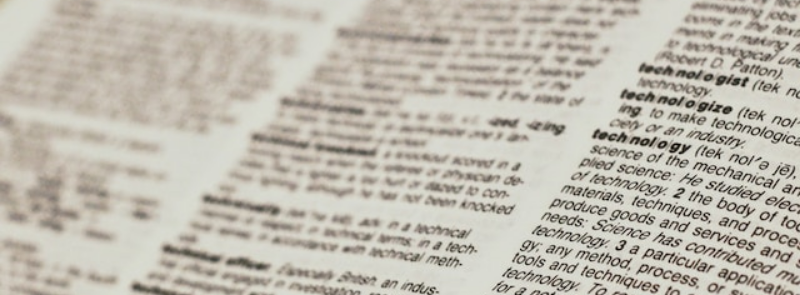
When It Occurs
Every October 16th
Timeline
Days Passed (860)
# Hashtags
#NationalDictionaryDay #WordyDay
National Dictionary Day is celebrated annually on October 16th in the United States. This day honors the birthday of Noah Webster, the American lexicographer known for creating the first comprehensive American dictionary. National Dictionary Day celebrates the importance of dictionaries, promotes literacy and education, and encourages the love of language and words.
History
- Noah Webster: Born on October 16, 1758, Noah Webster is often referred to as the "Father of American Scholarship and Education." His dictionary, first published in 1828 as "An American Dictionary of the English Language," standardized American English and included many words and spellings that differed from British English.
- Inception of the Day: National Dictionary Day was established to commemorate Noah Webster's contributions to the English language and to promote the use and appreciation of dictionaries.
Significance
National Dictionary Day holds significant importance for several reasons:
- Literacy Promotion: It emphasizes the role of dictionaries in enhancing vocabulary, improving reading comprehension, and supporting literacy.
- Educational Value: It highlights the educational importance of dictionaries as essential tools for students, writers, and language learners.
- Language Appreciation: It encourages people to explore and appreciate the richness and diversity of the English language.
Ways to Celebrate
-
Learn a New Word:
- Word of the Day: Incorporate a "word of the day" into your routine to expand your vocabulary. Many dictionary websites and apps offer this feature.
- Share Words: Share a new word and its definition with friends, family, or colleagues each day leading up to and on National Dictionary Day.
-
Explore Dictionaries:
- Physical Dictionaries: Spend time browsing through a physical dictionary to discover new words and their meanings.
- Online Resources: Explore online dictionaries and language resources, such as Merriam-Webster, Oxford English Dictionary, and others.
-
Word Games and Puzzles:
- Crossword Puzzles: Solve crossword puzzles to challenge your vocabulary and word knowledge.
- Scrabble: Play word games like Scrabble or Boggle to have fun while enhancing your language skills.
- Word Searches: Create or solve word search puzzles featuring interesting or unusual words.
-
Educational Activities:
- Classroom Activities: Teachers can organize spelling bees, vocabulary quizzes, and dictionary scavenger hunts to engage students in learning new words.
- Book Clubs: Host a book club meeting where members discuss books about language, dictionaries, or word origins.
-
Writing and Creativity:
- Write Poems: Encourage creativity by writing poems or short stories that incorporate a list of new and challenging words.
- Word Art: Create word art or calligraphy featuring favorite words and their definitions.
-
Social Media Engagement:
- Share Words: Use social media to share interesting words, their meanings, and usage examples with the hashtag #NationalDictionaryDay.
- Language Challenges: Participate in or create language challenges that encourage people to use new words in their daily conversations or writings.
Fun Facts About Dictionaries
- First English Dictionary: The first English dictionary, "A Table Alphabeticall," was published by Robert Cawdrey in 1604 and contained about 3,000 words.
- Noah Webster's Dictionary: Noah Webster's 1828 dictionary included 70,000 words, many of which had never before been included in any dictionary.
- Longest Word: One of the longest words in the dictionary is "pneumonoultramicroscopicsilicovolcanoconiosis," a lung disease caused by inhaling very fine ash and sand dust.
Notable Dictionaries
- Merriam-Webster: Known for its comprehensive coverage of American English and regularly updated content.
- Oxford English Dictionary (OED): The OED is famous for its historical approach, documenting the evolution of English words over time.
- American Heritage Dictionary: Known for its detailed word histories and usage notes.
Conclusion
National Dictionary Day is a celebration of the richness and diversity of the English language, honoring the legacy of Noah Webster and the essential role of dictionaries in education and literacy. Whether through learning new words, playing word games, or exploring the history of dictionaries, there are many ways to participate and enhance your appreciation for language. This day serves as a reminder of the power of words and the importance of continued learning and curiosity.


